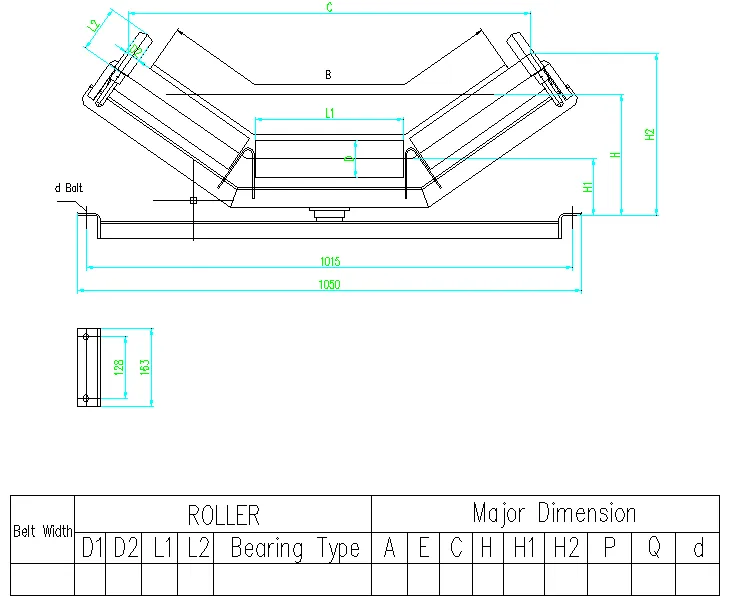 Afrikaans
Afrikaans  Albanian
Albanian  Amharic
Amharic  Arabic
Arabic  Armenian
Armenian  Azerbaijani
Azerbaijani  Basque
Basque  Belarusian
Belarusian  Bengali
Bengali  Bosnian
Bosnian  Bulgarian
Bulgarian  Catalan
Catalan  Cebuano
Cebuano  Corsican
Corsican  Croatian
Croatian  Czech
Czech  Danish
Danish  Dutch
Dutch  English
English  Esperanto
Esperanto  Estonian
Estonian  Finnish
Finnish  French
French  Frisian
Frisian  Galician
Galician  Georgian
Georgian  German
German  Greek
Greek  Gujarati
Gujarati  Haitian Creole
Haitian Creole  hausa
hausa  hawaiian
hawaiian  Hebrew
Hebrew  Hindi
Hindi  Miao
Miao  Hungarian
Hungarian  Icelandic
Icelandic  igbo
igbo  Indonesian
Indonesian  irish
irish  Italian
Italian  Japanese
Japanese  Javanese
Javanese  Kannada
Kannada  kazakh
kazakh  Khmer
Khmer  Rwandese
Rwandese  Korean
Korean  Kurdish
Kurdish  Kyrgyz
Kyrgyz  Lao
Lao  Latin
Latin  Latvian
Latvian  Lithuanian
Lithuanian  Luxembourgish
Luxembourgish  Macedonian
Macedonian  Malgashi
Malgashi  Malay
Malay  Malayalam
Malayalam  Maltese
Maltese  Maori
Maori  Marathi
Marathi  Mongolian
Mongolian  Myanmar
Myanmar  Nepali
Nepali  Norwegian
Norwegian  Norwegian
Norwegian  Occitan
Occitan  Pashto
Pashto  Persian
Persian  Polish
Polish  Portuguese
Portuguese  Punjabi
Punjabi  Romanian
Romanian  Russian
Russian  Samoan
Samoan  Scottish Gaelic
Scottish Gaelic  Serbian
Serbian  Sesotho
Sesotho  Shona
Shona  Sindhi
Sindhi  Sinhala
Sinhala  Slovak
Slovak  Slovenian
Slovenian  Somali
Somali  Spanish
Spanish  Sundanese
Sundanese  Swahili
Swahili  Swedish
Swedish  Tagalog
Tagalog  Tajik
Tajik  Tamil
Tamil  Tatar
Tatar  Telugu
Telugu  Thai
Thai  Turkish
Turkish  Turkmen
Turkmen  Ukrainian
Ukrainian  Urdu
Urdu  Uighur
Uighur  Uzbek
Uzbek  Vietnamese
Vietnamese  Welsh
Welsh  Bantu
Bantu  Yiddish
Yiddish  Yoruba
Yoruba  Zulu
Zulu conveyor belt idler rollers
Understanding Conveyor Belt Idler Rollers Their Importance and Functionality
Conveyor systems are vital components in various industries, facilitating the efficient transport of materials from one point to another. Among the critical elements of a conveyor system are idler rollers, which play an essential role in ensuring the smooth operation and longevity of conveyor belts. This article delves into the significance, types, and maintenance of conveyor belt idler rollers.
What Are Idler Rollers?
Idler rollers are cylindrical components that support the conveyor belt during its operation. Positioned underneath the belt, they help maintain the belt’s alignment, reduce friction, and ensure a steady flow of materials. Without idler rollers, the conveyor belt would sag, leading to increased wear and potential breakdowns, which could disrupt production processes.
Importance of Idler Rollers
1. Supporting the Belt Idler rollers bear the weight of the belt and the materials it carries. By providing this support, they help distribute the load evenly, preventing excessive strain on any single point of the conveyor system.
2. Minimizing Friction The rollers help reduce the friction between the moving belt and the structure of the conveyor. Lower friction levels contribute to smoother operation, enhance energy efficiency, and prolong the life of both the belt and the rollers.
3. Maintaining Alignment Proper alignment of the conveyor belt is crucial for optimal performance. Idler rollers are strategically placed to guide the belt along its intended path, preventing misalignment that can lead to material spillage, increased wear, and operational inefficiencies.
4. Absorbing Shock When materials are loaded onto the conveyor, they can create a sudden impact that stresses both the belt and the rollers. Idler rollers are designed to absorb some of this shock, helping to minimize wear on the conveyor system.
Types of Idler Rollers
Idler rollers come in various types, each designed for specific applications
conveyor belt idler rollers

1. Crowned Rollers These rollers have a slight curve in the center to help keep the conveyor belt aligned. They are particularly useful in applications where lateral movement of the belt is a concern.
2. Flat Rollers Flat idler rollers are the most common type and are used in standard conveyor applications. They provide a stable surface for the belt to travel over.
3. Return Rollers Positioned at the back of the conveyor system, these rollers support the belt as it returns to the starting point after discharging its load. They play a vital role in maintaining the belt’s tension.
4. Impact Rollers Designed for areas where materials are loaded onto the conveyor, impact rollers are constructed to endure significant shock and help reduce wear on the belt.
Maintenance of Idler Rollers
Regular maintenance of idler rollers is crucial for ensuring the longevity and efficiency of a conveyor system. Key maintenance practices include
1. Visual Inspections Regularly check for wear, misalignment, and damage, addressing any issues promptly to avoid costly repairs.
2. Lubrication Many idler rollers have bearings that require lubrication. Ensuring these bearings are adequately lubricated can extend their service life and improve performance.
3. Replacement Over time, even the best idler rollers will wear out. Monitoring the condition of the rollers and replacing them as necessary is vital for maintaining efficient conveyor operation.
Conclusion
In summary, conveyor belt idler rollers are indispensable components of conveyor systems, ensuring efficient material handling and prolonging the life of the equipment. Understanding their importance, types, and maintenance requirements can lead to improved operational efficiency and reduced downtime in any industry reliant on conveyor systems. With appropriate care and attention, idler rollers can significantly contribute to the effectiveness of conveyor operations, ultimately impacting overall productivity.
-
Revolutionizing Conveyor Reliability with Advanced Rubber Lagging PulleysNewsJul.22,2025
-
Powering Precision and Durability with Expert Manufacturers of Conveyor ComponentsNewsJul.22,2025
-
Optimizing Conveyor Systems with Advanced Conveyor AccessoriesNewsJul.22,2025
-
Maximize Conveyor Efficiency with Quality Conveyor Idler PulleysNewsJul.22,2025
-
Future-Proof Your Conveyor System with High-Performance Polyurethane RollerNewsJul.22,2025
-
Driving Efficiency Forward with Quality Idlers and RollersNewsJul.22,2025





























